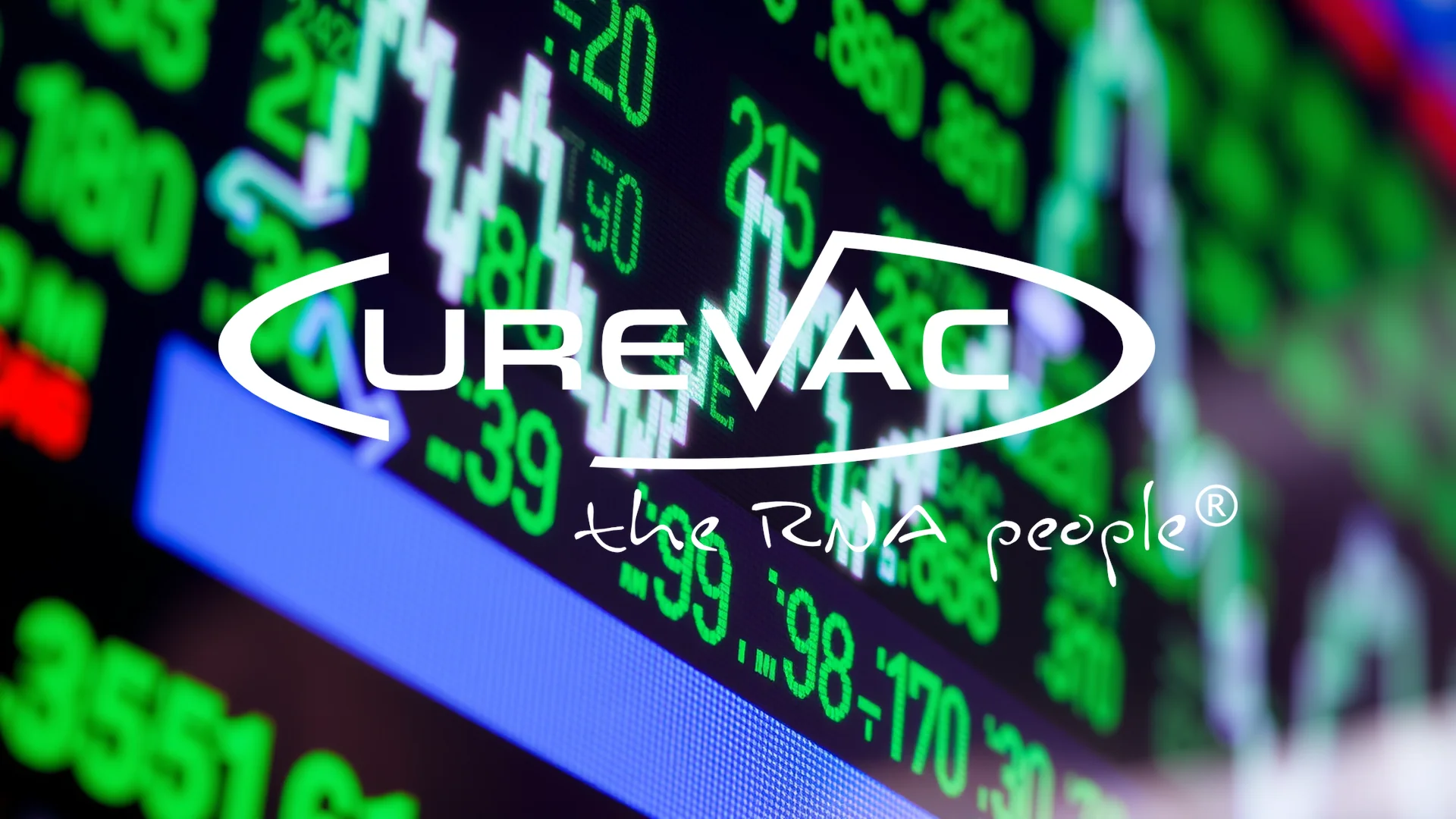CureVac is preparing to conclude its journey as an independent entity, but not before delivering a significant financial surprise. As shareholders gather for an extraordinary general meeting to finalize the company’s acquisition by BioNTech, the Tübingen-based firm has unexpectedly reported a profit—a development that few market observers anticipated. This raises important questions about the nature of these earnings and whether the merger is now certain to proceed.
Merger Milestones and Shareholder Decision
The path toward acquisition has cleared a major regulatory hurdle with Germany’s Federal Cartel Office granting unconditional approval for the transaction. Attention now shifts entirely to today’s shareholder vote on the restructuring measures required to integrate CureVac into the BioNTech corporate structure.
BioNTech’s current exchange offer remains open until December 3, 2025. With sufficient cash reserves to fund operations through 2028, CureVac approaches these negotiations from a position of financial stability rather than desperation. Company leadership views the merger as a strategic exit that will enable the maturation of its mRNA technology under the umbrella of its Mainz-based competitor.
Decoding the Unexpected Profit
Third-quarter results initially appear spectacular, showing earnings of 1.21 euros per share. However, this profit stems not from vaccine sales but from what might be termed “strategic surrender”—the settlement of patent litigation with BioNTech and Pfizer. These one-time gains substantially distort the financial picture and effectively prepare the balance sheet for merger activities.
Should investors sell immediately? Or is it worth buying CureVac?
The company’s operational performance tells a more nuanced story. Excluding these special items, CureVac recorded a loss of approximately 0.10 euros per share, significantly outperforming analyst expectations of a 0.17 euro deficit. This suggests that aggressive cost-cutting measures and corporate streamlining are producing results faster than projected. While the revenue decline to 54.1 million euros appears dramatic year-over-year, it primarily reflects normalization following substantial one-time payments from GSK in the previous year.
Investment Implications and Final Assessment
CureVac shares currently trade at 4.55 euros, with future price movements now mathematically tied to BioNTech’s exchange ratio. The stock has effectively lost its independent trading character. Investors await confirmation of today’s shareholder vote, with approval expected to finalize the end of CureVac’s tenure as a standalone publicly traded company.
This development marks the conclusion of an era for the pioneering biotech firm, whose technology will now be developed within the expanding BioNTech empire rather than through independent operations.
Ad
CureVac Stock: Buy or Sell?! New CureVac Analysis from February 7 delivers the answer:
The latest CureVac figures speak for themselves: Urgent action needed for CureVac investors. Is it worth buying or should you sell? Find out what to do now in the current free analysis from February 7.
CureVac: Buy or sell? Read more here...










